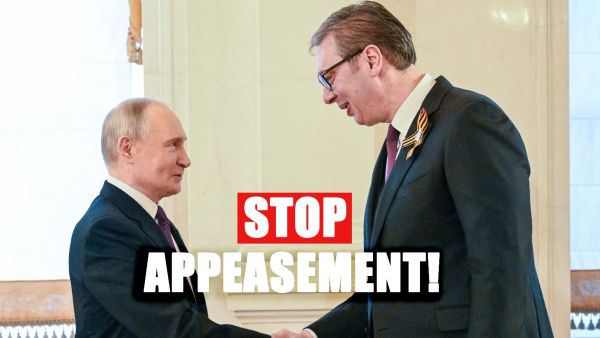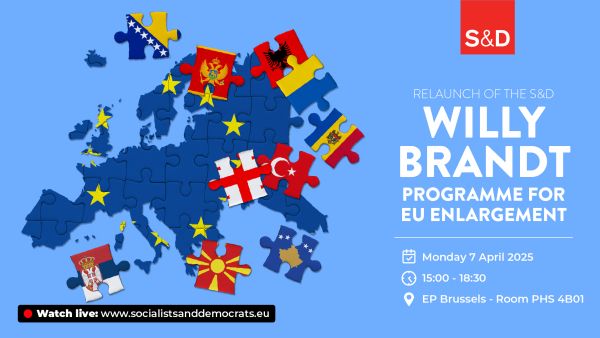The German elections have seen a dramatic change in the German political landscape with a far-right party entering the German Bundestag for the first time since the 2nd World War. The SPD has obtained 20, 5% of the votes and SPD Party Leader, Martin Schulz, announced yesterday evening that the SPD would go into opposition.
Commenting on the German elections, Gianni Pittella, S&D Group President, said:
“I thank Martin Schulz for the passion he showed during this electoral campaign. Unfortunately it wasn't enough. This is the start of a new phase for the SPD. A phase of renewal. Opting to move to opposition and finally abandon the Grand Coalition is not only the correct decision, but also a forward-looking one. It is in line with what we've decided to do here in the European Parliament.
“Debate and contrast between different ideas and programmes, between the right and the left, is the only way to defeat extremism and stop the advance of parties like the AfD. The advances being made by these forces should worry us all and push us to work hard, not only in Germany, but across Europe, for a fairer and more tolerant society, with less inequalities and more focused on our youth.
“Now it is time to look to the future. We need to eradicate the causes of uncertainty and anger among citizens. We need to ensure solutions on jobs, migration and security. I hope that on these issues Germany will go back to being Germany again, by contributing to build a better society at a European level”.
Jens Geier, Head of the German S&D Delegation in the EP, added:
“With a continued Chancellorship of Angela Merkel, it will not be easier to reform and renew the EU. Had Martin Schulz been elected, we could instead have made a real step ahead for Europe.
“Merkel´s legacy on Europe is one of reaction only if it is indispensable. By non-reacting to the financial crisis in due time for example, she contributed to increasing the impact of the crisis and missed the opportunity to strengthen the common currency.
“In her campaign Merkel has not at all discussed which vision she has for the future of Europe. She preferred to reply to the various reform proposals on the table - such as for the governance of the Eurozone or on social Europe - only after the German elections. I would call this the opposite of telling the plain truth to the people.
“The result of 12,6 % for the AfD is dramatic, especially in a country like Germany. Yet the result is not a sign for a strong Euroskepticism in the German population but rather for a reaction to the misuse and prominence of the refugee debate, brought in with hate rhetoric by the far-right AfD”.
MEPs involved
S&D press contact
Related content
Find out more










